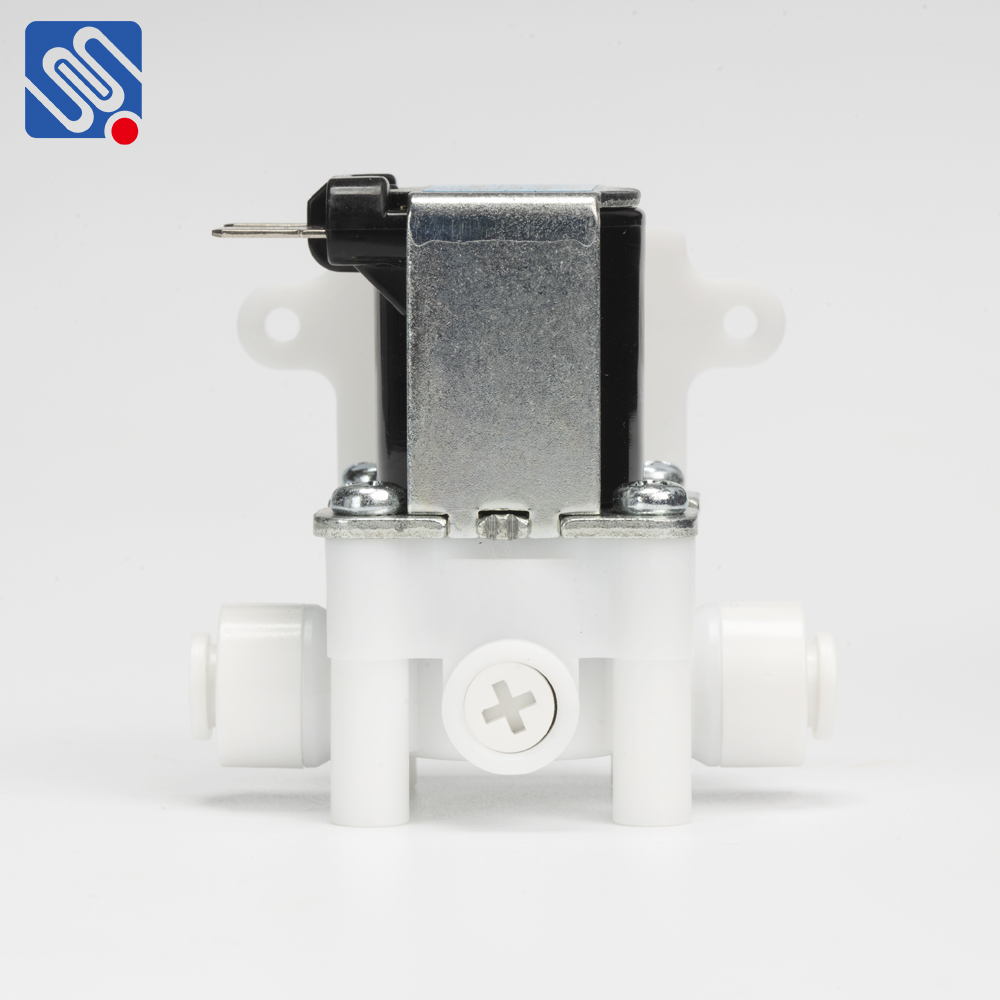A Certified Water Solenoid Valve is a crucial component in numerous systems that require the control of water flow. These valves are designed to ensure that water flows in the desired manner, providing safety, efficiency, and reliability. From drinking water systems to industrial water applications, the certification attached to these valves plays a critical role in ensuring that they meet safety and quality standards. This article explores the importance of certified water solenoid valves, their applications, and the certifications that guarantee their compliance with strict health, safety, and environmental standards.

What is a Certified Water Solenoid Valve? A water solenoid valve is an electrically operated valve used to control the flow of water within a system. The solenoid valve uses an electromagnetic solenoid to either open or close the valve, allowing or stopping the flow of water. Certified water solenoid valves are specifically designed to meet industry standards for safety, performance, and environmental responsibility. The term “certified” refers to valves that have been tested and approved by recognized certification bodies for meeting specific regulations. These certifications ensure that the valve materials, design, and functionality meet the necessary requirements to prevent contamination, leakage, and other potential hazards that could affect water quality and safety.